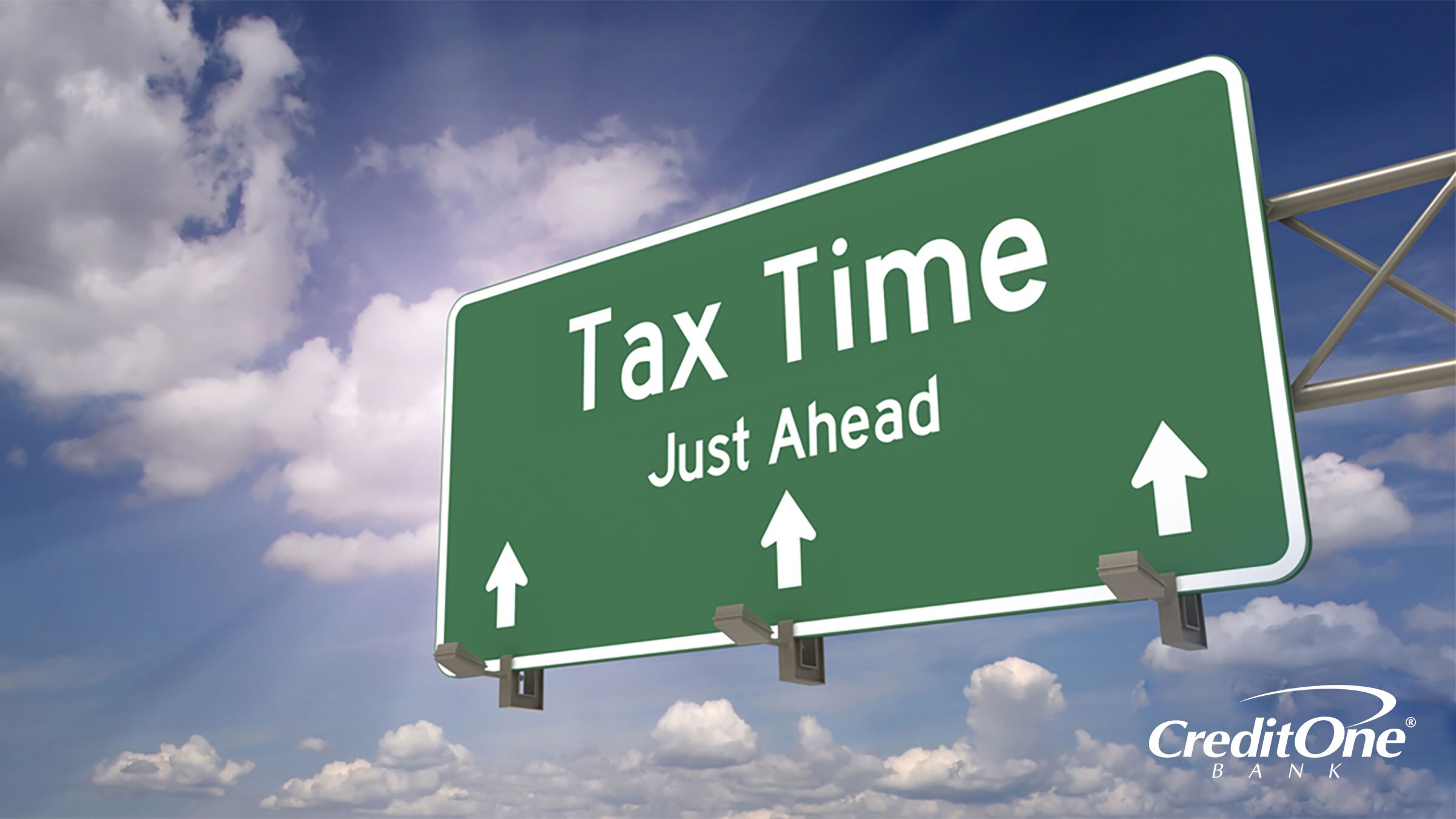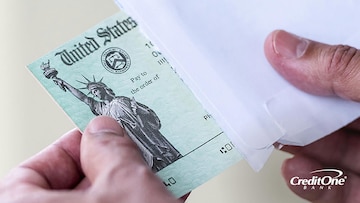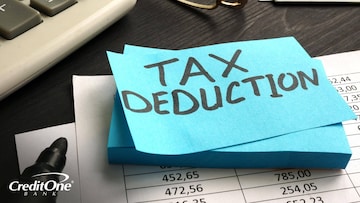With that last bottle of champagne or sparkling cider in the recycling bin and out on the curb, the holiday season is officially gone and the next big one is upon us: tax season. This season is typically less joyous than its predecessor—particularly if you owe Uncle Sam—but also because, with a U.S. tax code that’s thousands of pages long, it’s a confusing time of year for many of us. And with President Trump’s signing of a tax reform plan into law that goes into effect in 2018, confusion levels appear to be higher than ever.
One particularly perplexing subject for many this time of year is the role credit cards play when it comes to taxes. While you should always seek expert advice from a qualified tax professional before taking action that could affect your taxes, here are a few things you may want to keep in mind about credit cards and credit as they pertain to taxes.
Credit Cards Help With Documentation
If you itemize deductions on your taxes, it’s tough to beat a credit card for keeping track of eligible purchases and expenses. These can include anything from charitable contributions to interest on student loan payments to business expenses. The IRS requires proper documentation for most itemized and business deductions, and a credit card statement serves as such, so long as it shows the transaction date, the payee’s name, and the amount paid.
So, if you didn’t keep meticulous track of deductible purchases throughout the year but you did use a credit card, you can go through past statements to identify and claim them. Many credit card companies, Credit One Bank included, make your past statements—usually going back at least a year—accessible to you online.
Most Credit Card Interest Is Not Deductible
Interest paid on personal and consumer loans—including credit card purchases, loans for cars, furniture, electronics, etc.—is considered personal interest and is not tax deductible. It was at one time, but the Tax Reform Act of 1986 did away with the personal interest deduction once and for all.
If you use a credit card for your business, however, any credit card interest made on allowable business expenses is deductible. Just be aware that, if a credit card isn’t used solely for your business, only interest on purchases made exclusively for that business is deductible. So accurate record-keeping is a must, which, again, is made easier with a credit card.
It’s worth noting that, if you have a lot of personal interest from credit cards and enough equity in your home to borrow against, you may be able to indirectly deduct this interest. The IRS currently allows taxpayers to deduct interest on a qualified home equity loan, so you could conceivably take out such a loan and use it to pay off outstanding credit card balances. You could then deduct the interest paid on that home equity loan, which would likely be charged at a lower rate than by a credit card company.
This is obviously something you’d want to run by a reputable tax advisor before undertaking, and 2017 will be the last year you can take advantage of this home-equity-loan deduction, as it goes away in 2018 when new federal tax laws go into effect.
Paying Your Taxes With a Credit Card
The IRS does not directly accept credit cards, but it does contract with three authorized companies to process credit card payments. There are pros and cons to paying your taxes with a credit card, so you should consider each of the following before paying your taxes with one:
• Pro – It’s Convenient: You can make your payment instantaneously online, and there’s no need to send in any forms. Also, if you don’t have the funds to cover the amount you owe, it’s an instant loan that could help you avoid any late payment penalties or interest charged by the IRS.
• Con – There Is a Convenience Fee: Depending on which service you use, fees range from 1.87% to 1.99% of the payment amount, with the minimum charge ranging from $2.00 to $2.69. So, if you owe $1,000 in taxes, you can expect to pay at least $18.70 to make your payment with a credit card.
• Pro – You Can Deduct the Convenience Fee: If you itemize deductions, the fee you pay to make a tax payment with your credit card is deductible as a miscellaneous itemized deduction—so long as this deduction exceeds 2% of your adjusted gross income. If you have your own business, the entire convenience fee is deductible as a business expense.
• Pro – You Could Earn Rewards: By making a tax payment with a credit card that offers rewards, you can earn cash back, airline miles, or more just for paying your taxes. And the higher your tax bill, the more rewards you’ll earn. Just be sure any rewards you’ll earn are worth more than the convenience fee and interest you’ll pay for using your credit card.
• Con – It May Cost You More in Interest: If you pay your tax bill with your credit card and don’t pay off your outstanding balance, it’s likely you’ll pay substantially more in interest than if you’d entered into a payment plan with the IRS to spread out your payments.
• Con – It Could Lower Your Credit Score: Paying your taxes with your credit card could raise your credit utilization ratio (CUR), which could, in turn, cause your credit score to take a hit. Say, for example, you have a $3,000 tax bill and put it on your only credit card, which has a $5,000 limit. Your CUR would then be 60%, nearly double the recommended 30% ratio.
How You Pay—or Don’t Pay—Your Taxes May Affect Your Credit Report & Score
Putting a substantial tax payment on your credit card increases the sum of your revolving credit balances, which may raise your credit utilization ratio, which could, in turn, affect your credit score. If you carry that outstanding balance and fall behind on payments, that could also damage your credit score because payment history makes up 35% of your FICO® Score.
Finally, if you owe $10,000 or more in federal taxes, the IRS can issue a tax lien against you, which will appear on your credit report and can stay there indefinitely, although credit reporting agencies typically remove them after a decade. And a tax lien can have a negative effect on your credit score similar to that of a bankruptcy or judgment.
Tax season may never be something we look forward to, but it doesn’t have to be something to dread, either—at least not when it comes to understanding how it relates to credit cards and credit. The good news is that it’s over for most of us come April 17, 2018. Then we can all look forward to (or dread, depending on what shape we’re in) swimsuit season instead, which will be just around the corner.
After realizing he couldn’t pay back his outrageous film school student loans with rejection notices from Hollywood studios, Sean focused his screenwriting skills on scripting corporate videos. Videos led to marketing communications, which led to articles and, before he knew it, Sean was making a living as a writer. He continues to do so today by leveraging his expertise in credit, financial planning, wealth-building, and living your best life for Credit One Bank.




